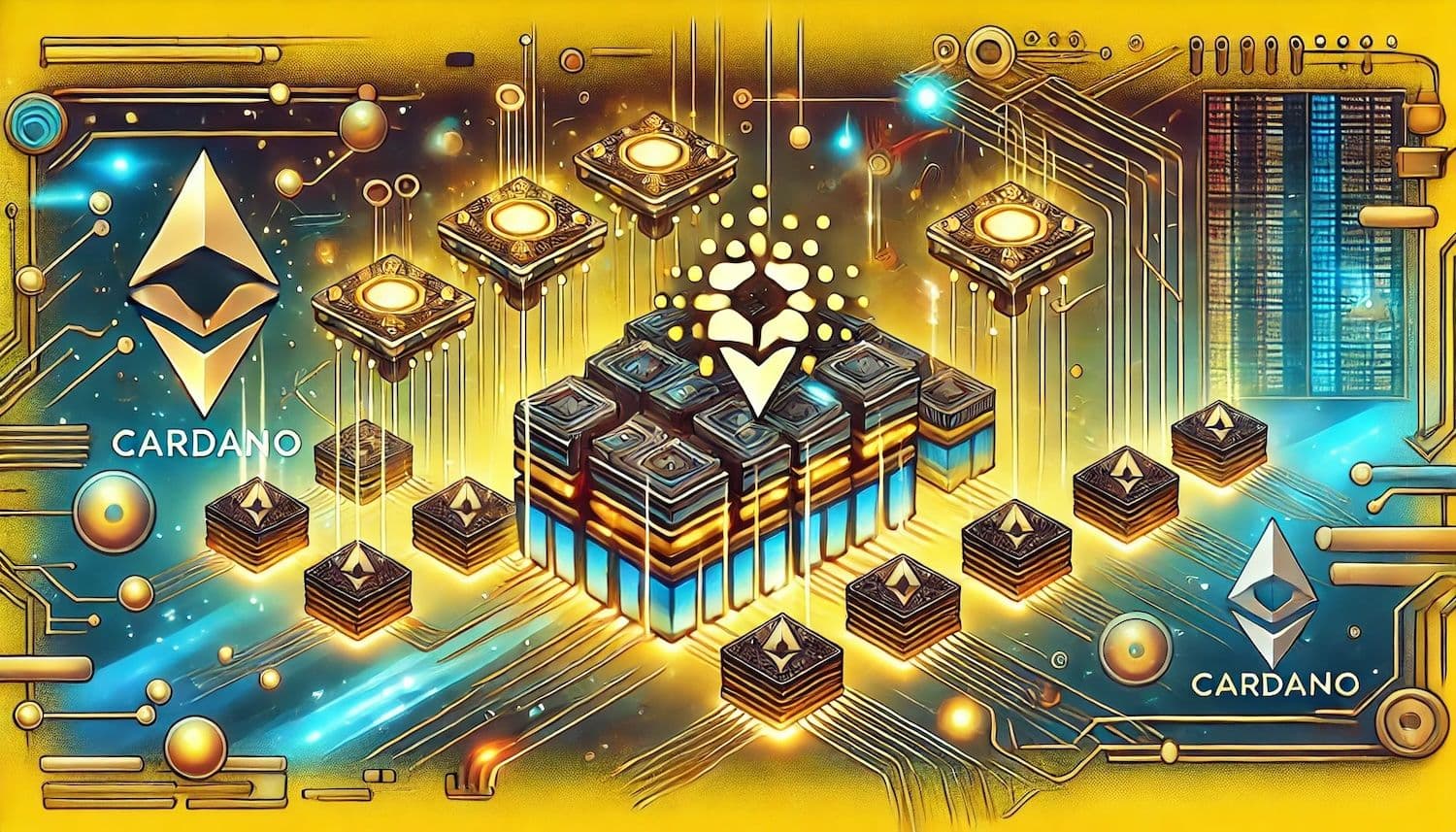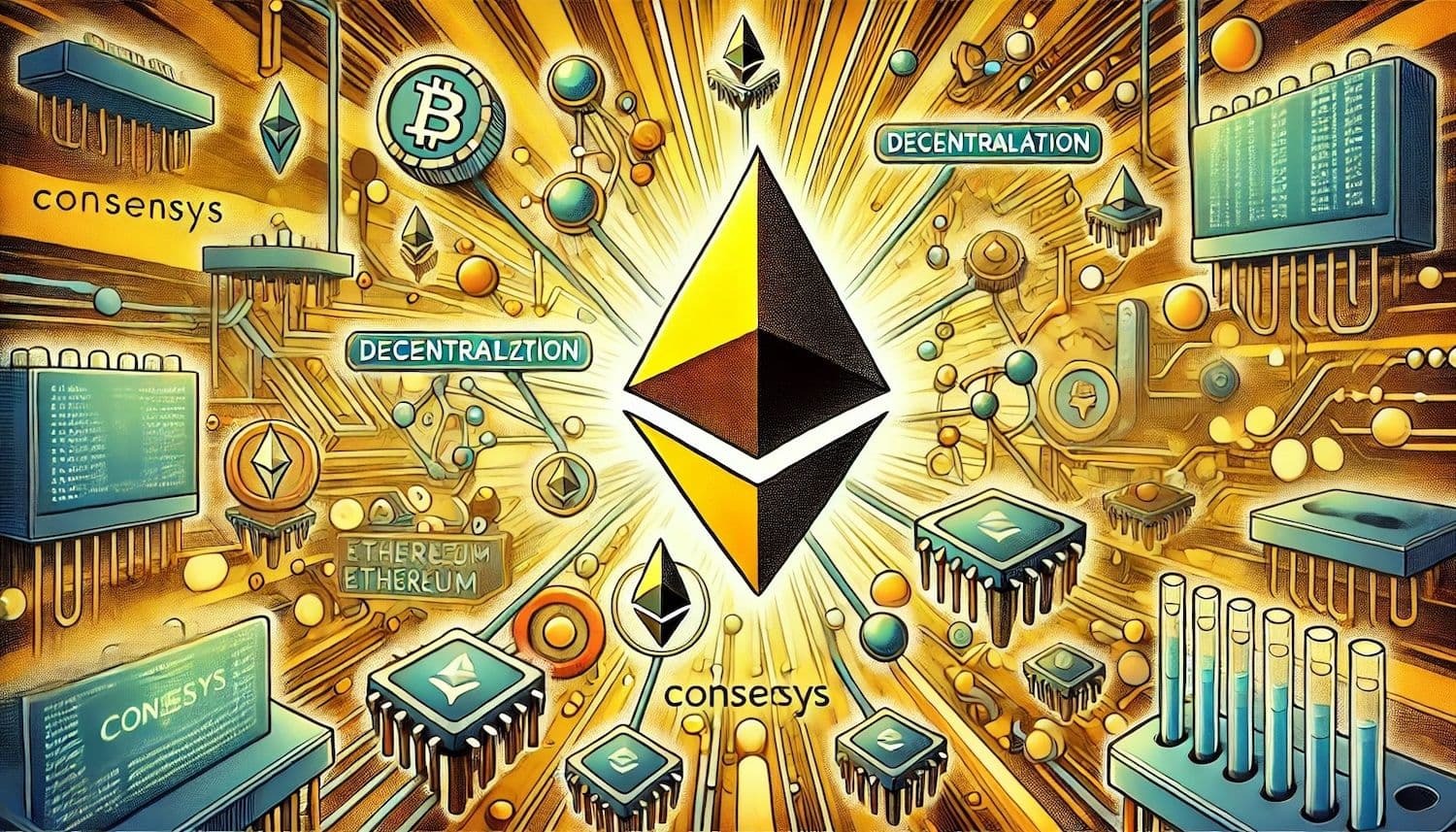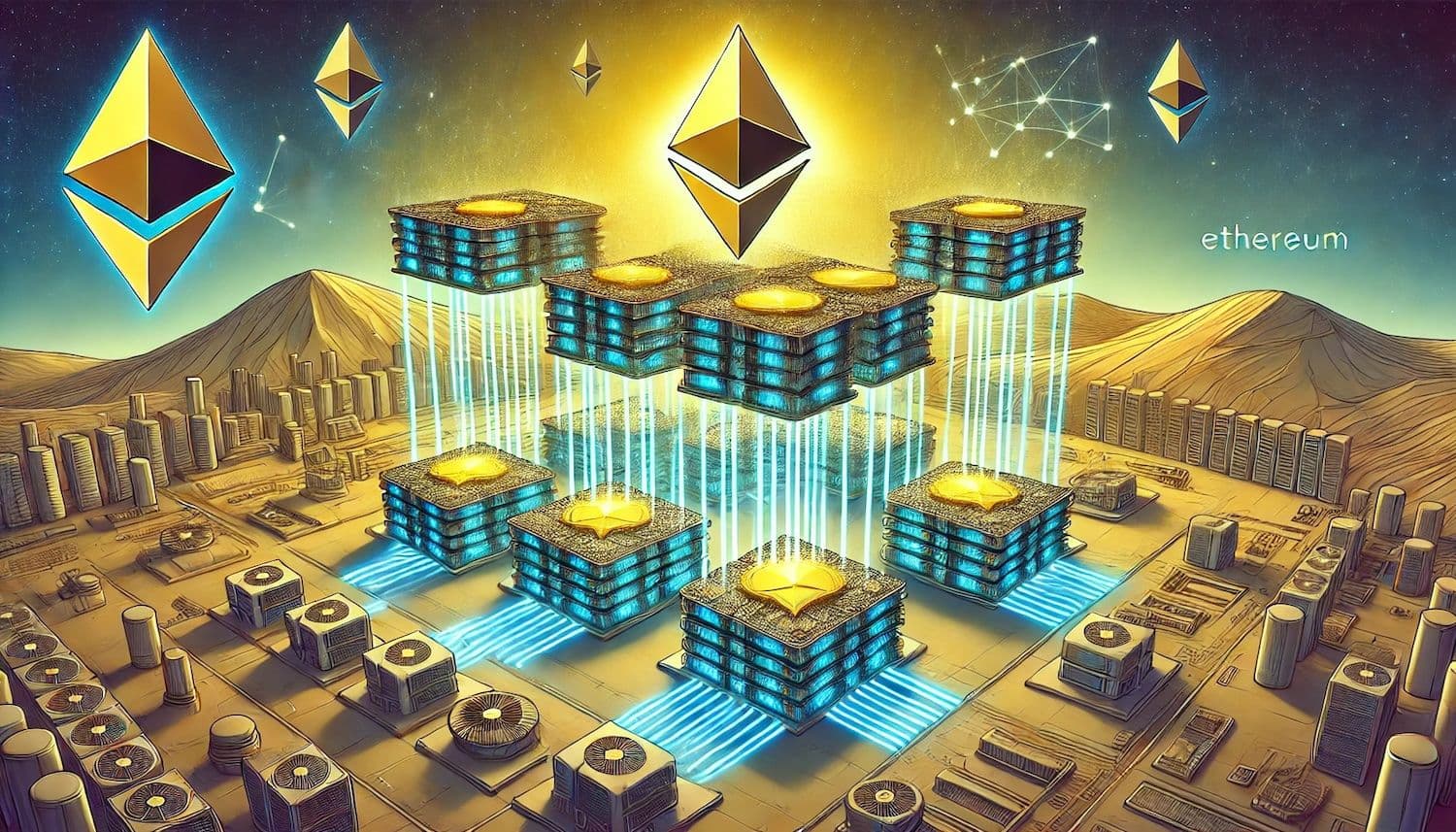Latest Layer 2 News and Insights | Yellow.com
Trust Yellow.com for the latest and most reliable Layer 2 news and insights. Stay informed with accurate updates, expert analyses, and comprehensive articles on Layer 2 trends and market movements.








